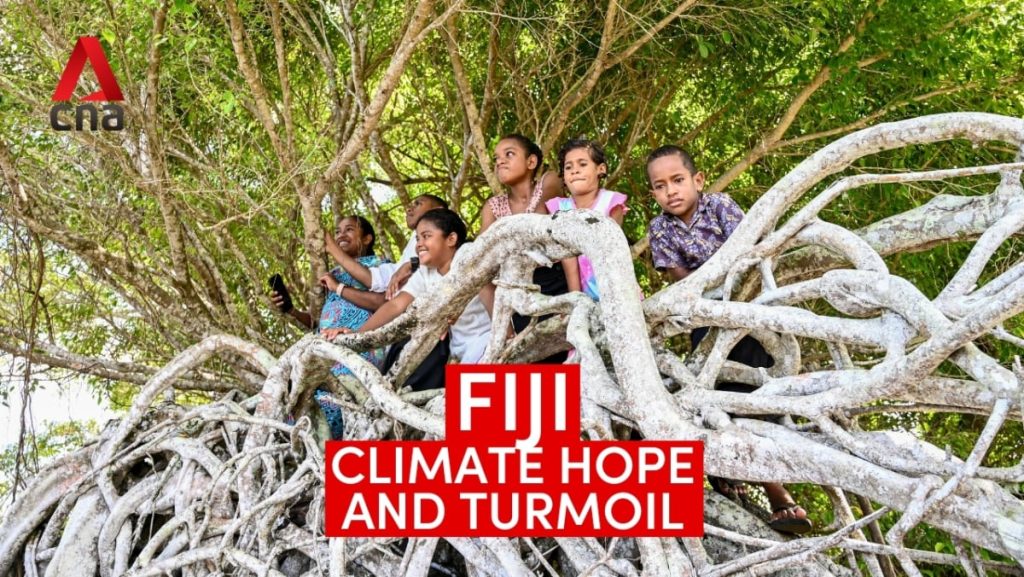The effects of climate change have become a pressing issue for Pacific island-nations, including Fiji, with rising sea levels threatening the existence of many villages. In response, Fiji has developed a national policy aimed at managing the relocation of hundreds of villages that are at risk. However, while this policy is ambitious and necessary, it also presents challenges related to the delicate ties that Fijians have to their land and culture. The need to balance the preservation of cultural identity with the practical need for relocation is a complex dilemma that the country must navigate.
One of the key challenges that Fiji faces in implementing its national policy on village relocation is the strong connection that Fijians have to their land. Land holds significant cultural and spiritual importance for many Fijians, with traditional customs and practices tied to specific locations. Moving an entire village to a new location can disrupt these cultural ties and traditions, leading to a loss of identity and social cohesion within the community. This challenge highlights the need for careful planning and consultation with affected communities to ensure that their cultural heritage is respected and preserved throughout the relocation process.
In addition to the cultural challenges, there are also practical considerations that Fiji must address when relocating villages due to climate change. Infrastructure such as homes, schools, and healthcare facilities need to be relocated to ensure that the basic needs of villagers are met in their new location. This requires careful coordination and investment in new infrastructure to support the relocated communities. Additionally, the economic impact of relocation must be considered, as villagers may lose access to traditional sources of income and face challenges in adapting to new economic opportunities in their new location.
Another important aspect of Fiji’s national policy on village relocation is the need to involve affected communities in the decision-making process. Meaningful consultation with villagers is essential to ensuring that their voices are heard and that their needs and concerns are taken into account. This participatory approach not only helps to build trust and cooperation between the government and affected communities but also empowers villagers to take ownership of the relocation process and shape their own future. By involving communities in decision-making, Fiji can ensure that the relocation process is sustainable and meets the needs of those most affected by climate change.
Fiji’s experience with village relocation offers valuable lessons for other Pacific island-nations facing similar challenges. By balancing the preservation of cultural heritage with the practical need for relocation, Fiji is taking a holistic approach to addressing the impacts of climate change on its communities. The country’s national policy serves as a model for other nations in the region, highlighting the importance of proactive planning, community engagement, and investment in infrastructure to support vulnerable communities. As climate change continues to threaten the livelihoods and security of Pacific islanders, the lessons learned from Fiji’s experience can help guide other nations in developing effective strategies for adaptation and resilience.
In conclusion, Fiji’s ambitious national policy on village relocation in response to climate change highlights the delicate balance that Pacific island-nations must strike between preserving cultural heritage and ensuring the safety and well-being of their communities. By acknowledging the importance of cultural ties to land, involving affected communities in decision-making, and addressing the practical challenges of relocation, Fiji is setting a positive example for other nations in the region. Through proactive planning, community engagement, and investment in infrastructure, Fiji is taking a holistic approach to managing the impacts of climate change and safeguarding the future of its people. The lessons learned from Fiji’s experience can inform and inspire other nations facing similar challenges, ultimately contributing to a more resilient and sustainable future for Pacific islanders.


